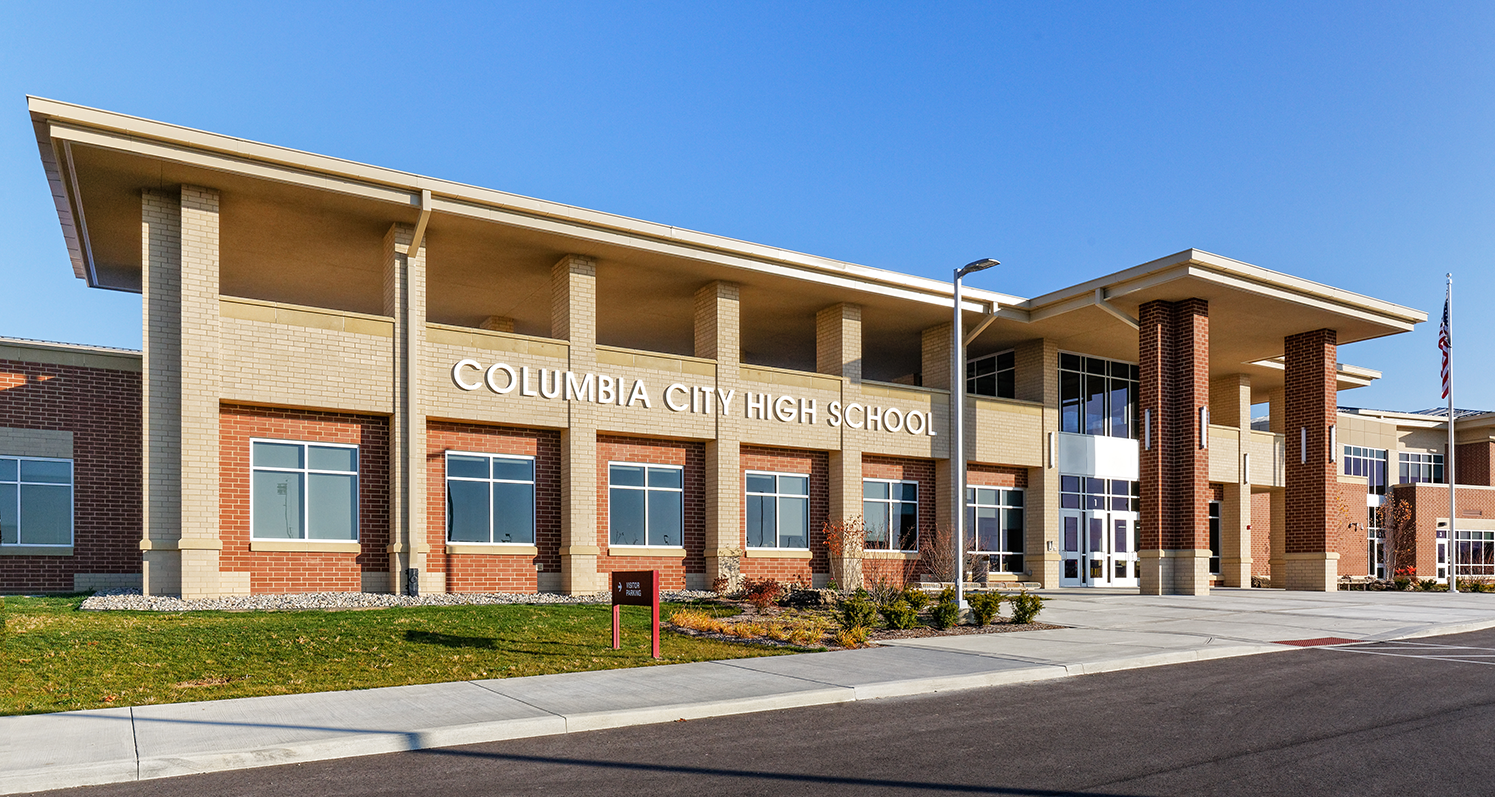The Role of Parents and Educators in the Effort to Save Temecula Schools
The Role of Parents and Educators in the Effort to Save Temecula Schools
Blog Article
Just How Schools Play a Crucial Duty in Shaping Future Leaders and Pioneers
By integrating project-based discovering and interdisciplinary studies, academic organizations challenge students to analyze and manufacture intricate information. Educators offer as advisors, directing pupils and supporting their possibility, while extracurricular tasks even more establish leadership skills and durability.
Promoting Crucial Assuming
In today's quickly evolving globe, promoting crucial thinking within schools has actually ended up being paramount. As culture grapples with increasingly complicated global difficulties, the ability to assess, examine, and synthesize info is important. Colleges play an important role in establishing these abilities, preparing students to navigate and address complex issues with informed, reasoned decisions.
To cultivate important reasoning, educators use different pedagogical strategies that encourage active discovering and intellectual interaction. Class conversations, problem-based knowing, and Socratic questioning contribute in promoting reflective and analytical thought procedures. By testing pupils to interrogate presumptions and take into consideration numerous viewpoints, these methods guarantee a deeper understanding of subject past memorizing memorization.
Additionally, incorporating vital assuming across the educational program reinforces its relevance and applicability in diverse contexts. Subjects such as maths, scientific research, history, and literature each deal special chances to create students' vital faculties. For example, analyzing historical events requires recognizing and reviewing sources context, while clinical questions needs extensive hypothesis testing and evidence-based thinking.
Ultimately, instilling vital thinking abilities in trainees equips them with the cognitive tools essential for lifelong knowing and adaptability. It is with this fundamental competence that future leaders will certainly be able to introduce, solve issues, and add meaningfully to culture.
Urging Creative Thinking
Embracing imagination within instructional structures galvanizes trainees to believe past standard limits and explore cutting-edge solutions. By incorporating creative ventures and creative reasoning exercises right into the educational program, colleges grow an environment where originality and imaginative thought are valued. This approach not just enhances the educational experience yet also outfits trainees with the capability to tackle real-world obstacles in unique ways.
Educational institutions can foster imagination through varied ways such as project-based learning, interdisciplinary research studies, and the incorporation of arts and technology. Project-based knowing, as an example, motivates students to use their knowledge in sensible, frequently joint, jobs that require creative problem-solving skills. Interdisciplinary research studies permit trainees to draw connections in between different topics, thus widening their perspectives and boosting their creative abilities.
Moreover, supplying trainees with possibilities to engage with emerging innovations, such as coding and electronic style, even more supports their innovative capacity. These activities motivate pupils to experiment, stop working, and iterate, which are critical elements of the creative process (Save Temecula Schools). By preserving a helpful environment where testing is motivated, institutions can make certain that trainees establish the confidence to pursue cutting-edge concepts
Essentially, nurturing imagination in academic setups is essential for forming future leaders and pioneers with the ability of attending to complex global problems with resourcefulness.
Encouraging Partnership

Applying group-based understanding components and cooperative projects enables pupils to experience the dynamics of team effort firsthand. This not only prepares them for the collective nature of modern-day offices however additionally supports leadership qualities as they usually have to tackle roles such as task managers or team coordinators. In addition, cooperation in the classroom can damage down social obstacles and promote inclusivity, guaranteeing that each trainee feels valued and heard.
Furthermore, incorporating technology can further sustain joint initiatives. Devices like common electronic offices and interactive systems enable pupils to interact effectively, even outside the class. As trainees establish these collaborative abilities, they are much better outfitted to deal with complicated difficulties and introduce, laying the groundwork for their future functions as pioneers and leaders.
Function of Educators as Mentors

Mentorship entails personalized focus, where instructors identify and nurture private toughness and address weak points. Save Temecula Schools. With one-on-one interactions, educators can customize their advice and assistance to fulfill each student's distinct demands, fostering a sense of self-confidence and resilience. This tailored approach cultivates a development attitude, encouraging students to see failings as opportunities for finding out and development
In addition, educators function as function versions, showing the worths of determination, integrity, and empathy. Their activities and perspectives give a plan for trainees to mimic, instilling a sense of ethical duty and social awareness. By developing a encouraging and inclusive classroom environment, instructors allow pupils to create social skills click that are critical for efficient leadership.
Fundamentally, the mentorship offered by teachers lays a foundational framework for the advancement of future leaders, furnishing them with the expertise, skills, and values required to master an ever-evolving world.
Influence of Extracurricular Activities
When integrated efficiently into the instructional structure, extracurricular activities dramatically boost pupil growth and management capacity. These tasks supply trainees with opportunities to discover rate of interests beyond the standard curriculum, promoting a well-rounded skill collection.
Pupils involved in debate, dramatization, or music clubs discover to assume critically and approach issues from varied point of views. By teaming up with peers from various histories, trainees likewise establish compassion and interaction skills, important attributes for future leaders.
Study suggests that students entailed in such programs tend to have higher grades and better participation records. Therefore, schools that prioritize a well balanced strategy to education, incorporating robust extracurricular programs, are more most likely to produce innovators and leaders outfitted to fulfill the challenges of the future.

Final Thought
To conclude, colleges dramatically shape future leaders and trendsetters by nurturing important reasoning, website link creative thinking, and partnership amongst students. Engaging pedagogical approaches such as project-based discovering and interdisciplinary researches play a vital function in this growth. Teachers, acting as mentors, provide necessary advice and support, while after-school activities even more enhance leadership potential and durability. By cultivating an encouraging atmosphere that values individual strengths and team effort, schools furnish pupils with the essential skills to navigate future obstacles and drive technology.
As pupils develop these collective abilities, they are much better furnished to tackle complicated obstacles and introduce, laying the groundwork for their future duties as trendsetters and leaders.
By fostering vital thinking and analytical abilities, instructors aid pupils browse complex obstacles, preparing them for management duties in numerous areas.
By working together with peers from various histories, trainees also create compassion and interaction skills, vital characteristics for future leaders.
In verdict, schools considerably shape future leaders and trendsetters by supporting crucial thinking, creativity, and collaboration among pupils. By cultivating a helpful setting that values specific toughness and team effort, schools outfit pupils with the necessary abilities to navigate future challenges and drive advancement.
Report this page